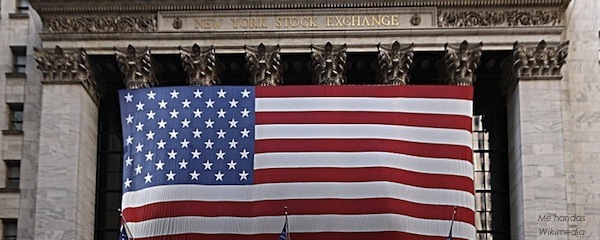Note added April 22, 2015: Less than a day later, Saudi bombing resumed. The naval blockade will continue indefinitely.
27 consecutive days of Saudi-led airstrikes in Yemen will come to an end.
Saudi Arabia’s government claims they have met their tactical objectives against the Houthi rebels, and averted their “takeover” of the country, but there’s actually no immediate sign that the Houthis have been dislodged or even substantially set back, let alone defeated. The New York Times reported that Houthi-held territory, from the Saudi border to the capital to the coast, remained entirely intact after the 27 days of bombing.
The bigger reason compelling a halt to the bombing seems to be the very high civilian death toll and infrastructure annihilation from the Arab coalition’s fairly sloppy or lazy targeting. NYT:
The Saudis have come under international pressure because of the bombings, which hit a number of civilian targets, including a camp for displaced Yemenis, in which dozens were killed, and a storehouse of emergency aid administered by Oxfam, the relief agency. Oxfam called that strike “an absolute outrage.”
On Monday, the Saudis struck a target near Sana, the capital, that caused an enormous explosion that left at least 25 people dead, medical officials there said.
In isolation, perhaps the Saudi government would not care about that, but the United States applied pressure on the matter:
A senior American official said “there have been discussions” in the past several days among officials from the United States, Saudi Arabia and the United Arab Emirates, a Saudi partner in the campaign, about ending the bombing. Asked why, the American official, speaking on condition of anonymity, said: “Too much collateral damage.”
Anonymous U.S. generals at CENTCOM reportedly say they were given no advanced warning by Saudi Arabia before the start of the operation last month and believed it was “a bad idea.”
This U.S. concern with the high civilian toll is itself because…
“A good number of the American arms that have been used in Yemen by the Saudis have been used against civilian populations,” said Daryl Kimball, executive director of the Arms Control Association, an assertion that Saudi Arabia denies.
It is unclear so far whether the Saudi naval embargo will also be lifted, allowing vital food and water aid to be delivered to the starving Yemeni population.






